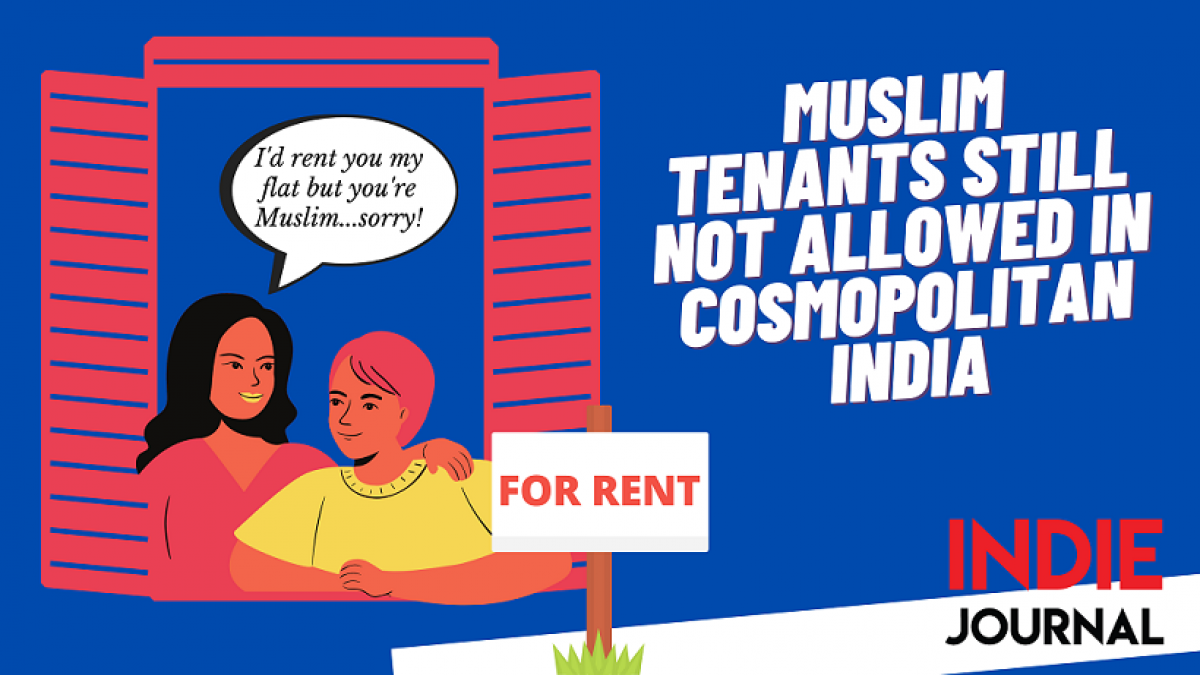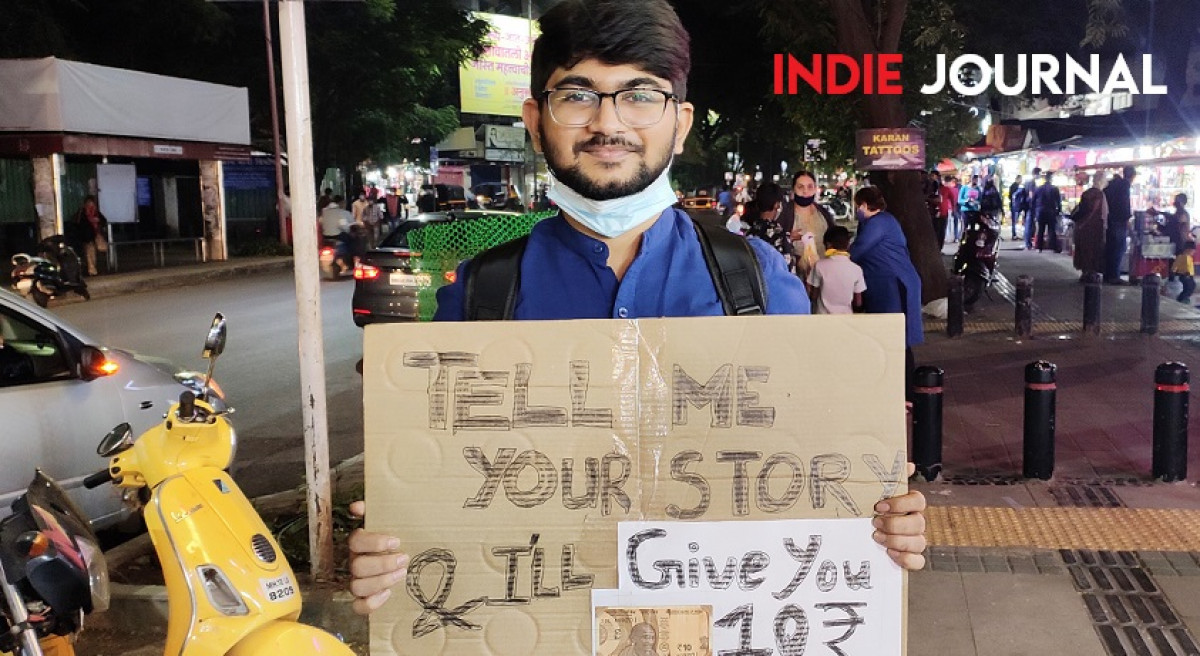India
The Second Wave: Just recovering, traders living in fear of a possible lockdown
Last year, the lockdown brought markets to a standstill and swept down businesses, both big and small.

As India faces a rise in COVID-19 cases in the last two weeks, the probability of another lockdown is much higher. Last year, the lockdown brought markets to a standstill and swept down businesses, both big and small, making it difficult for the business owners and traders to regain their financial stability.
“My livelihood and my family of five depended entirely on our stationery shop. During the lockdown last year, we went out of business and have not been able to earn steady money since. My wife started stitching blouses on orders, and I drive a taxi now. Everything has changed for us and I pray to God that there is no lockdown in the future. I don’t think we will survive it after we have exhausted most of our savings,” says Rajendra Shukla when questioned about the possibility of another lockdown and how it might impact him.
While some have managed to find jobs or other means of livelihood, there are business owners who are still struggling to make ends meet. They have either returned to their hometowns or have taken jobs that pay them much lesser than what they used to earn before lockdown. Bhau Patil used to own a saree shop in the heart of Pune city, but has now returned to his village and helps his brother in farming. “I decided to leave my flat in the city. I have now rented it to someone because that way there’s always a steady income while I find another source of income. For now, I am working on the farm. What else to do? I can’t sit idle at home,” he says. Patil further talks about a close friend of his who had a saree shop too, but now works as a salesman in a jewellery shop in Pimpri to feed his family of five.
Another young man from Pune, Nikhil Jani, used to trade in gift items that he sourced from Mumbai’s Masjid Bunder market. Since his trade barely generated any income post lockdown, Jani and his wife decided to provide tiffin boxes to bachelors and students. “My wife cooked two meals for almost 70-80 people every day. I used to deliver the tiffin boxes to some of them and then pick them up when I went to deliver the next time. It started with only 10 people ordering from us, but now we might reach 100 soon. I didn’t like making my wife work when she already manages the household, but it is working for us,” he says.
On the other side of this spectrum, several business owners adapted to the situation to make most of the pandemic. Prakash Tiwari used to be a trader of wholesale decoration material that is used for festivals and celebrations. However, he now runs a grocery shop in Gokhalenagar to keep his income steady. “The lockdown notice said that only medicals and essential needs shops will stay open. They were the only ones who made a lot of profit if you think about it. So, I took help from a relative of mine, who is also a baniya, and in June I had my shop up and running. I do everything that other grocers don’t - I give free home delivery, I conduct my business on WhatsApp, I make sure they call me for their next order and so on. Now even if there is a lockdown, I don’t think it will affect me much,” Tiwari says while packing another order for home delivery.
Moreover, those who couldn’t start a business of their own owing to high rent prices on a workspace and other investment it may entail, have now started providing their services online. Most of these young entrepreneurs have now started teaching cooking, pottery, languages, dancing, singing and a host of other activities on video calls from the comfort of their own house. “I wanted to be a dance teacher for so long but never really got around to it because of several factors. When the lockdown struck, my family faced a severe financial emergency. It is then that I decided to start dancing classes online. We have a group dance on the Zoom call sometimes. The students send me a video of them dancing to what we practised and I accordingly provide them feedback. It is a good, efficient and affordable alternative in these tough times,” says Pooja Makhana, a 22-year-old from Mira Road, Mumbai.
The lockdown has forced many people to adapt to the online culture, even for earning through their businesses and the services they already offered. Several shopkeepers shifted to online platforms like Amazon and Flipkart to sell their products. Women too started using free apps to sell their products and services from home. Tulshibaug, one of the oldest shopping markets in Pune, has also entered the online trading milieu as the Tulshibaug Market Shop Owners Association has announced to launch an app for some 800 registered shops and stalls to conduct their business online.
Nitin Pandit, secretary of the association said, “Outsiders like Amazon and Flipkart have dominated the Indian market. Since our regular customers and even some of our traders have turned to online shopping, we have decided to launch the Tulshibaug market app in the next week or two. The app will definitely help our traders as their businesses on the online platform saw a growth of 26 percent, from seven percent during the lockdown. So if there is a lockdown again, the app will be beneficial for us and the consumers as well keeping their safety and needs in mind.”
The pandemic-induced lockdown was a new problem for everyone – consumers, service providers and the government too. There was no elaborate plan about the ripple effect a lockdown may have on people from all walks of life. “But I hope that if there is a lockdown this year, they have thought about us and our livelihoods as well. We also have children and we want to provide them with at least one proper meal a day. We don’t care if it is the Sena or the BJP, we just want some security. I would suggest some policies, but if I could, I would be sitting with ministers and not drive an ordinary taxi,” says Rajendra Shukla with a chuckle.





